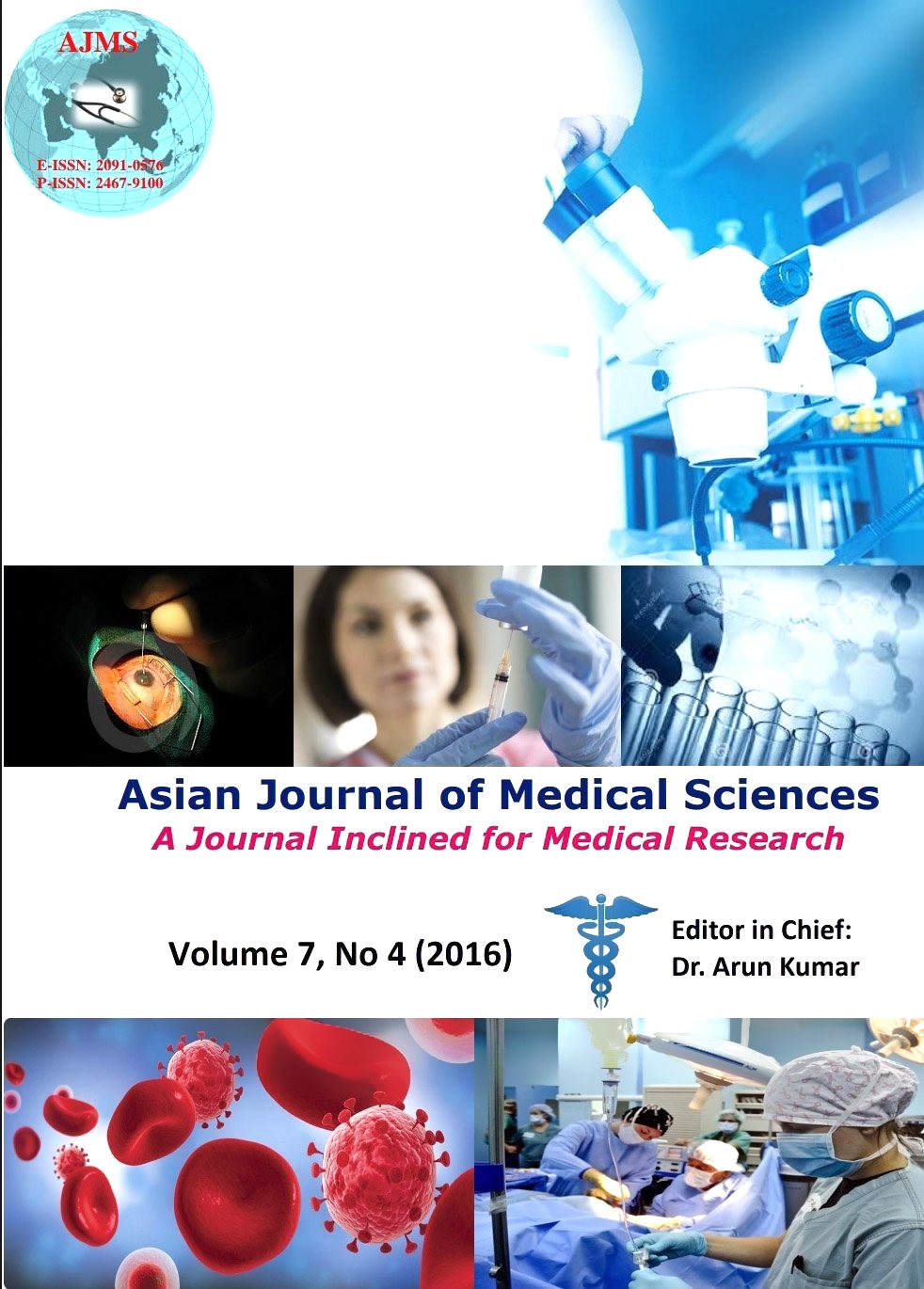Maternal to fetal transfer of vitamin C and vitamin E: effect on birth outcome in a Nigerian population
Keywords:
Vitamin C, Vitamin E, Antioxidant, Maternal, Newborn, Birth outcome, NigeriaAbstract
Background: New evidence suggests that excessive production of reactive oxygen species give rise to oxidative stress which could impair fetal growth. Antioxidant vitamin C and vitamin E have vital role in physiological process of pregnancy and health of the developing fetus.
Aims and Objectives: To determine the concentrations of vitamin C and vitamin E in pair-matched maternal and cord serum of newborns and to determine the relationship between maternal/cord serum vitamin C and vitamin E at delivery and birth outcomes.
Materials and Methods: A total of 209 maternal and cord blood samples were collected during delivery for serum vitamin C and E determination. Birth outcomes; birth weight, birth length, head circumference, and Apgar score were determined.
Result: Newborns had significantly higher levels of vitamin C as compared to their mothers, but had non-significant lower level of vitamin E. Levels of vitamin C and E in both maternal and cord serum were positively correlated to birth weight, birth length, head circumference and Apgar score.
Conclusion: Maternal vitamin C and E had significant effects on birth outcomes. A positive correlation of vitamin C and E indicates that their status in mother does influence newborns status.
Asian Journal of Medical Sciences Vol.7(4) 2016 49-54
Downloads
Downloads
Additional Files
Published
How to Cite
Issue
Section
License
Authors who publish with this journal agree to the following terms:
- The journal holds copyright and publishes the work under a Creative Commons CC-BY-NC license that permits use, distribution and reprduction in any medium, provided the original work is properly cited and is not used for commercial purposes. The journal should be recognised as the original publisher of this work.
- Authors are able to enter into separate, additional contractual arrangements for the non-exclusive distribution of the journal's published version of the work (e.g., post it to an institutional repository or publish it in a book), with an acknowledgement of its initial publication in this journal.
- Authors are permitted and encouraged to post their work online (e.g., in institutional repositories or on their website) prior to and during the submission process, as it can lead to productive exchanges, as well as earlier and greater citation of published work (See The Effect of Open Access).




